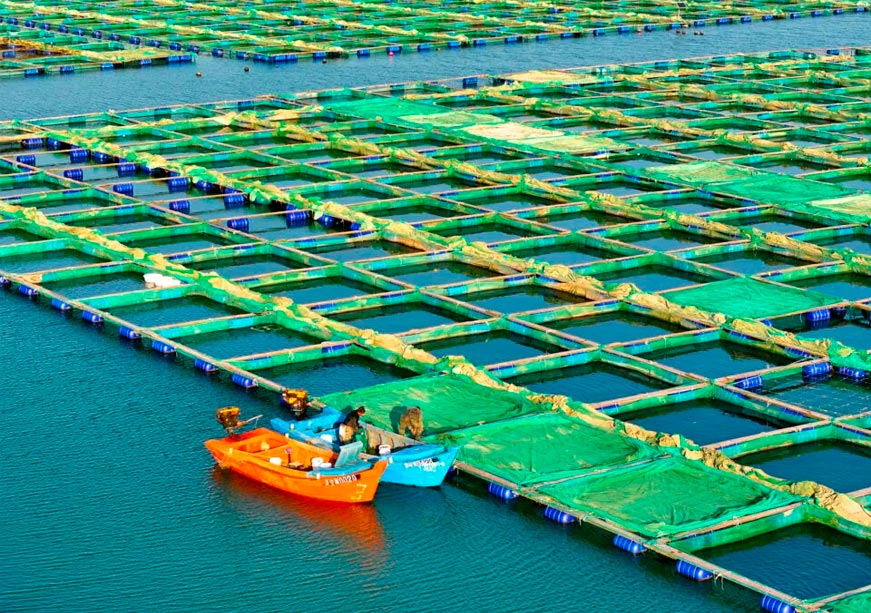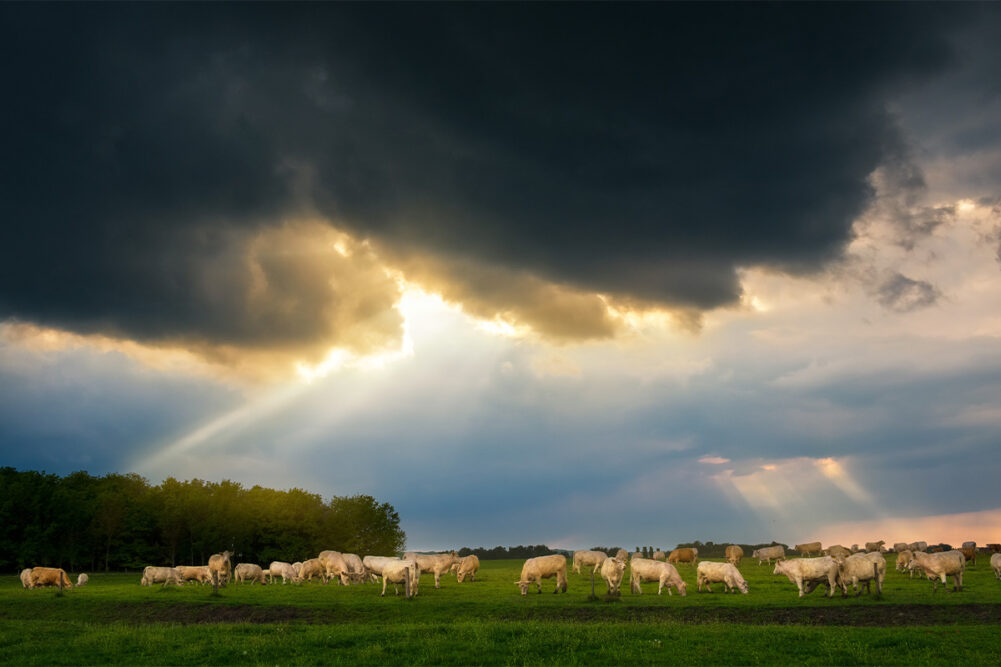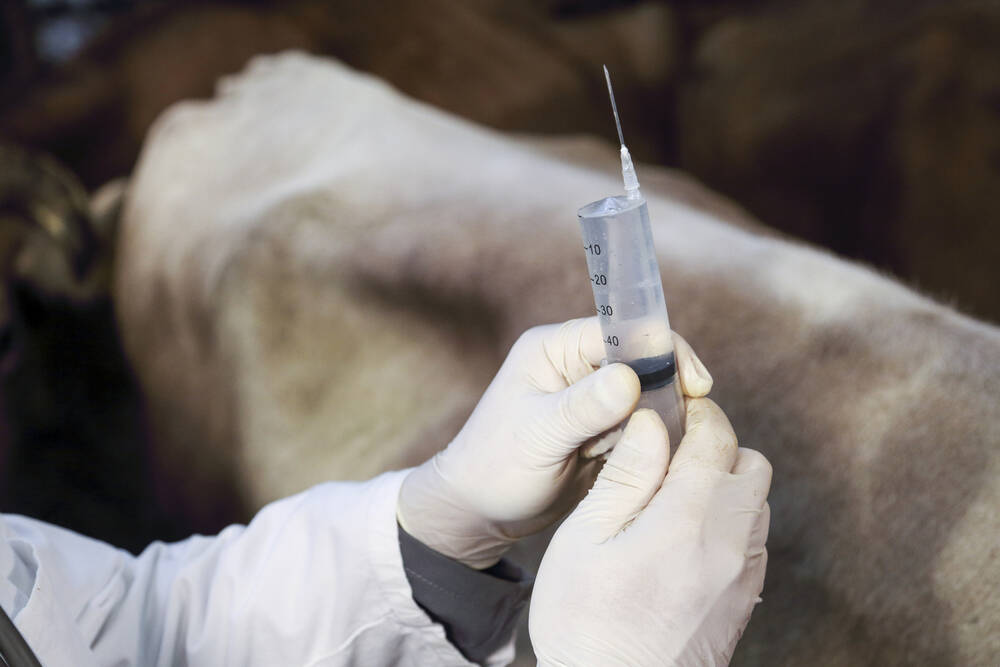Guam's farmers are working to recover from damage wrought by Typhoon Dolphin, which hit the island with high winds, especially in the north.
Among the most affected are the island's banana farmers, like Bernard Watson, of Yigo. Typhoon Dolphin took out eight acres of his banana crop, a little over 4,000 trees, he said.
"We saw maybe a hair over 100-mph winds and that doesn't do well for bananas," he said.
The storm flattened his trees, he said, meaning it'll probably be another eight months or so before he sees another banana on his farm. And because of recent weather, he said, his crops haven't had much of a chance to grow.
"We had a storm in July last year; we had one July the year before that," he said.
However, he said, he just chalks it up to the weather cycles and does his best to recover.
"These things kinda happen," he said. "We had a period there for five years where there were no storms and now we're getting the other end of the cycle. There's not much you can do about it. In the case of bananas, there's absolutely nothing you can do to prevent the damage when it's that kind of wind."
As for preparation in advance, he said, there's not much a farmer can do except harvest what's ready and start preparing for the next crop.
Watson still has bittermelon in the ground, he said, as well as tomatoes.
"But it'll be several months before we get any income going," he said.
Even under the best conditions, he said, it'll take about three months to get a crop of eggplant, bittermelon or tomatoes to market and turn a profit.
Watson said that while there is federal crop insurance, "it's slow."
Even if there was compensation, he said, because bananas are an annual crop, it wouldn't happen until the end of the year.Go to USDA
Ernie Wusstig, county committee chairman for the U.S. Department of Agriculture Farm Service Agency, said he's encouraging all farmers to pay the agency a visit.
"If we have another storm, the USDA's right there to help them," he said.
Guam farmers can qualify as disadvantaged farmers, meaning any fees can be waived.
He said some USDA workers came out to his farm earlier this week. Wusstig said his crops didn't suffer much damage at all.
He said he was able to pick up about 2,000 pounds of corn, which he sold. The rest of his corn hadn't been pollinated, meaning there wasn't any damage that could be done "other than the inconvenience."
"I told (the USDA), 'I'm all right, go and see the farmers that are damaged,'" he said.
He added that he's expecting representatives from the local Department of Agriculture to make their rounds sometime soon.
Source - http://www.guampdn.com













